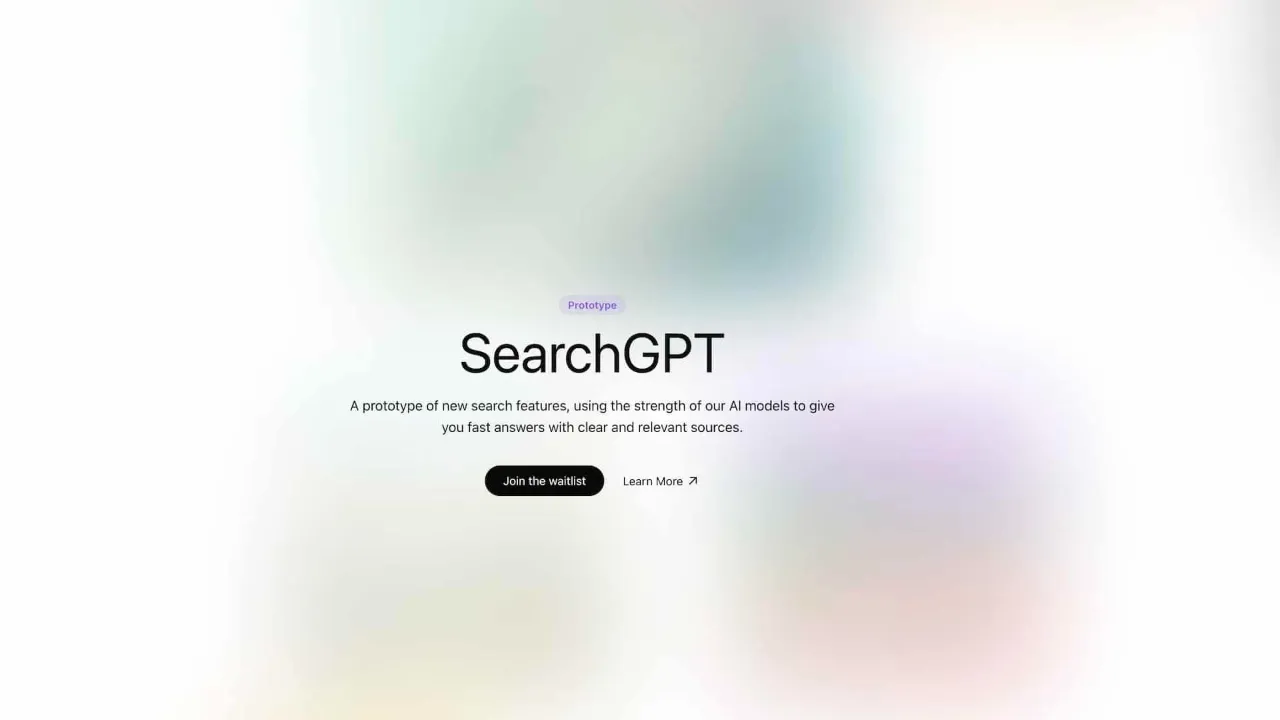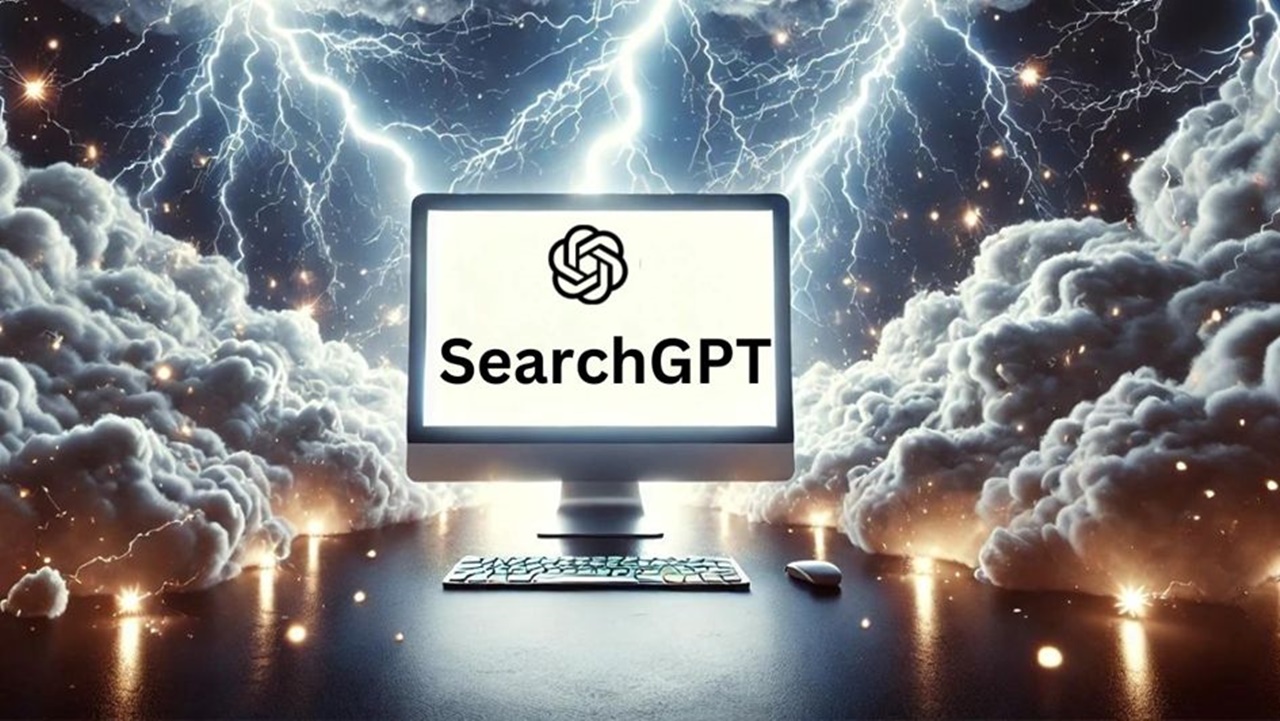Although it is expected that artificial intelligence-powered search engines will make their mark in the new era, it is also a matter of curiosity how fast the developments are and whether our search habits will change: In this sense, SearchGPT is not quite ready to replace Google for now. Here are the reasons…
SearchGPT is not stable yet
SearchGPT, introduced with great anticipation by OpenAI, was launched as an innovation that would fundamentally change the functioning of search engines in the digital world. However, in a short time, the introductions that surprised users gave way to disappointment.

This new generation search engine, supported by artificial intelligence, continues to disappoint in various tests, failing to meet expectations. SearchGPT, which is expected to shake Google’s digital search throne, does not seem very stable at the moment.
According to a new article from the Washington Post, SearchGPT still hasn’t caught on when it comes to accuracy. At a time when Google is rapidly developing its own AI-powered search tools, OpenAI’s SearchGPT isn’t performing as well.
The fundamental problems are clear. SearchGPT aims to provide faster and more accurate answers by combining OpenAI’s AI models with real-time web data. Instead of traditional Google links to their queries, users get a summary of the information they requested. But these summaries are often inaccurate.
For example, SearchGPT’s claim that OpenAI CEO Sam Altman will speak at a technology conference that he will not attend is one of the most obvious examples of the system being prone to unconventional ideas. In short, there is no fundamental difference between ChatGPT’s probability of making a mistake and SearchGPT’s probability of making a mistake.














